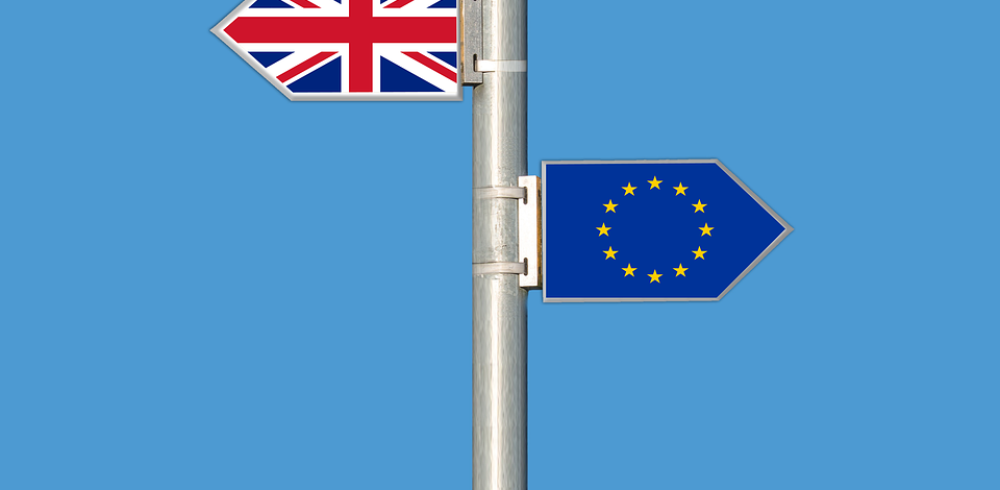The Brexit white paper has been published by the government and it follows an expected route for UK manufacturing, involving a “frictionless” trade between the EU and the nation and stating that free movement will be restricted.
According to the white paper, manufacturing industry is to adhere to a “common rulebook”, which the government believes will mean that British manufacturers only “need to undergo one series of tests in either market, in order to place products in both markets.” By creating this rulebook, further checks at the border will be removed.
Moreover, the rulebook will also allow operations between British and EU supply chains to remain efficient and crucially avoid the need for manufacturers to separate production lines for markets.
The rules proposed would allow the British Standards Institution (BSI) to retain its ability to apply a single standard testing, so where a voluntary European standard is used to support EU rules, the BSI would not be able to put forward any competing national standards, ensuring consistency between UK and EU standards
“The main thing to take away from this white paper is the point about zero tariff trade for manufactured goods between the UK and EU post Brexit,” said Rob Williams, founder & CFO of London-based international clothing manufacturer Hawthorn.
“Presently our business is structured in such a way that we export manufactured goods from the UK to other production sites which are situated in the EU. It would be more economical to send these goods to other production facilities we have which are based outside of the EU, thus taking trade away from the EU,” he added.
In products where more complex testing is required, such as the chemical or pharmaceutical industries, the white paper proposes to ensure these products only go through one method of testing.
Some of these regulatory bodies that the UK is “seeking participation” with include; The European Medicines Agency (EMA), the European Chemicals Agency (ECHA) and the European Aviation Safety Agency (EASA) , this will be essential in ensuring trade is not disrupted for these sectors.
Manufacturing & Engineering Magazine | The Home of Manufacturing Industry News













